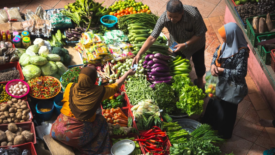Contamination Control
BIZTRACKS
Edible Garden Spearheading Research to Further Food Safety in CEA
April 20, 2023
Never miss the latest news and trends driving the food safety industry
eNewsletter | Website | eMagazine
JOIN TODAY!Copyright ©2024. All Rights Reserved BNP Media.
Design, CMS, Hosting & Web Development :: ePublishing









.png?height=168&t=1661887788&width=275)